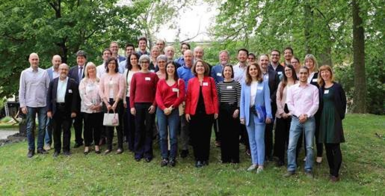
BIOREMIA project comes to an end
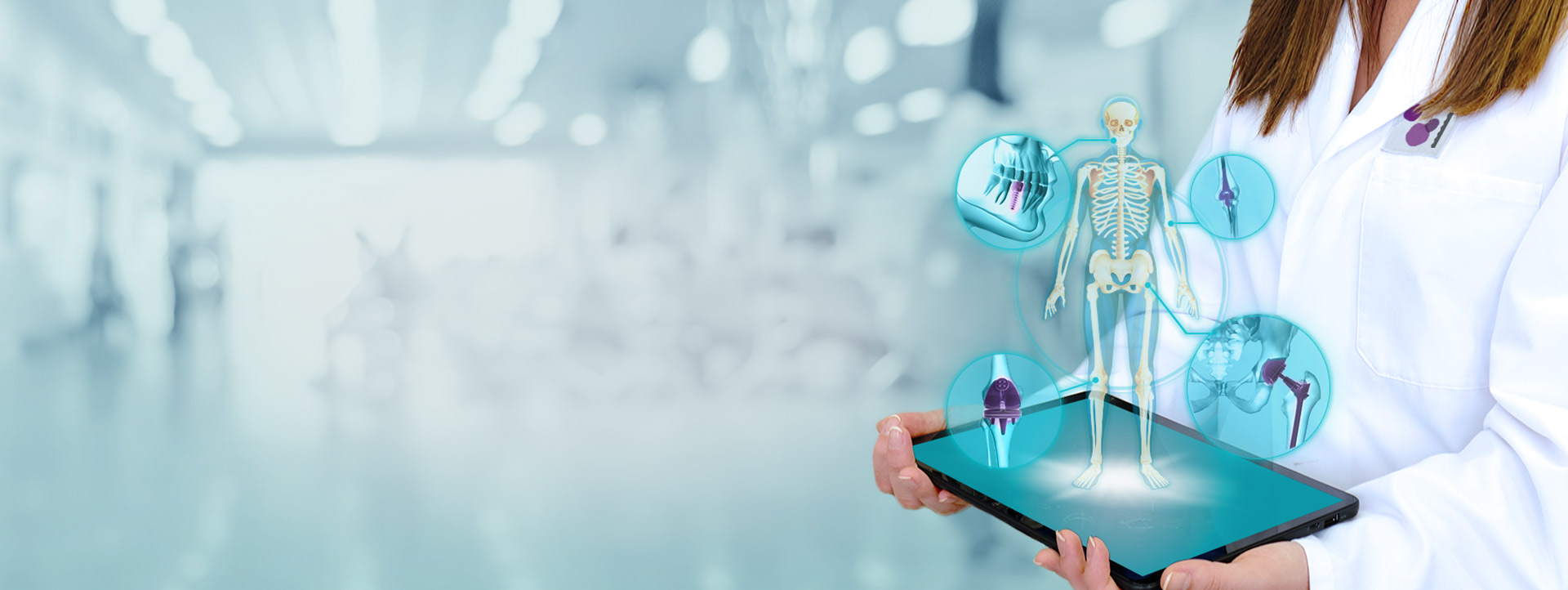
BIOREMIA will provide top-level multidisciplinary skills to 15 Early-Stage Researchers through an ambitious research and training programme in the area of biofilm-resistant materials for bone-related implant applications. It is a 4-year project funded by the European Commission under Horizon 2020 Marie Skłodowska Curie Actions.
More about our researchBIOREMIA aims to improve the patient quality of life by minimizing infection rates of medical implants. Implant-related infections caused by bacterial biofilms are a major cause of implant rejection, with high economic and social associated costs. Bacteria growing in biofilm are 100 to 1000 times less susceptible to antimicrobials than planktonic bacteria.
Since antibiotic treatments are controversially and ineffective for bacterial biofilm, the best infection control approach is to develop novel preventive measures which specifically focus on the inhibition of both bacterial adhesion and biofilm formation, for instance by acting on the implant material itself.
BIOfilm-
REsistant
Materials for hard tissue
Implant
Applications
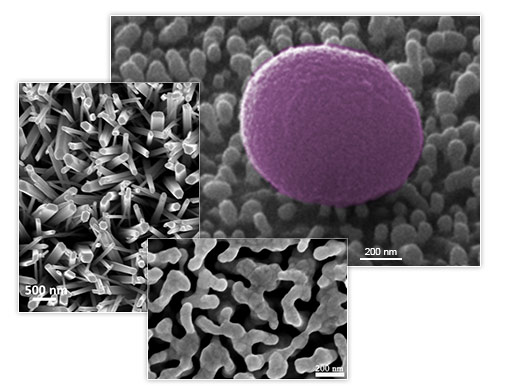
BIOREMIA aims to tackle this problem by proposing innovative material-based solutions with enhanced antibacterial and antifouling functionality that will result in improved biological acceptance of implants for bone-related applications (orthopedics and dentistry). We will use state of the art materials and surface modification technologies designed to potentially limit the initial stages of bacterial adhesion, as well as biofilm formation.
This approach requires highly skilled researchers who have a deep understanding of antibacterial materials, their fabrication and properties, and possess the necessary skills to convert knowledge and ideas into better medical devices that are expected to improve patients’ quality of life and mitigate the economic burden to health systems.
We train a new generation of young scientists to better integrate research, innovation and social responsibility.
Fifteen individual ESR research projects put the biofilm-resistant materials research approach into practice.
BIOREMIA will train 15 Early Stage Researchers (ESRs), spread across 11 beneficiary institutions from 10 European countries (Germany, Austria, Italy, Sweden, Greece, UK, Spain, Ireland, France, and Switzerland).
Each ESR will work within a high-level Individual Research Project with strong interactions to other ESRs, reinforced by secondments to universities and companies from BIOREMIA Network. The young researchers will receive an excellent inter-disciplinary training programme comprising international schools, workshops, and secondments at academic as well as industrial institutions of the network.
BIOREMIA will provide excellent research with impressive scientific and societal impact.
Our ESRs
BIOREMIA project comes to an end
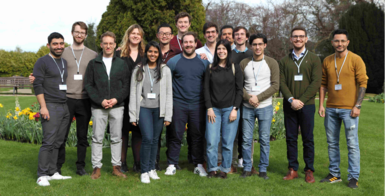
BIOREMIA Fellowships successfully finished
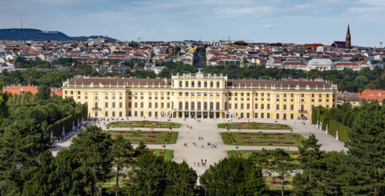
BIOREMIA Final Workshop / 15.-16.04.2024 Vienna / Austria

BIOREMIA Career Development Workshop / 25.-26.09.2023 Torino / Italy